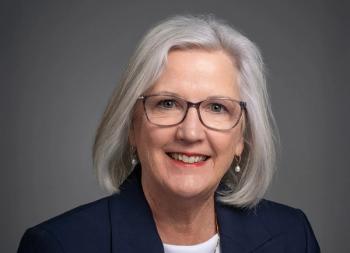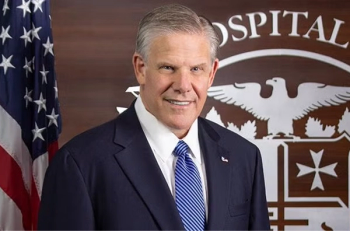
Penn Medicine says it’s done with U.S. News ‘Best Hospital’ rankings
The health system says the highly-publicized reports don’t reflect the rapidly changing industry. Some top medical schools have also pulled out of U.S. News rankings.
Many hospitals have long touted their high marks in the U.S. News & World Report “Best Hospital” reports, but Penn Medicine says it is bowing out of the competition.
Penn Medicine said Monday it is no longer going to participate in the U.S. News “Best Hospital” rankings. Penn has fared well in the past, noting that University of Pennsylvania-Penn Presbyterian has been named to the “Best Hospitals” Honor Roll of top 20 hospitals for the past 16 consecutive years.
While U.S. News may continue to rank Penn Medicine, Penn says it’s not going to submit information to the American Hospital Association’s annual survey, a key source of data for the rankings. The system says it will no longer buy the U.S. News “badges” denoting high positions in the rankings.
Kevin B. Mahoney, CEO of the University of Pennsylvania Health System, said in a statement that the evaluation of hospital performance must change to reflect the rapid changes in healthcare.
“The ‘Best Hospitals’ rankings don’t account for all of the elements essential to improving patient outcomes, such as research, innovation, or value-based care,” Mahoney said in a statement. “Transparent metrics are an important tool for health systems to track and strengthen their efforts, but they should measure the full scope of operations dedicated to care delivery.”
Penn notes that the rankings concentrate on inpatient hospital care, and the majority of Penn’s healthcare services to patients are being delivered outside of a hospital.
In addition, Penn says that the bulk of the ratings are focused on care delivered to those who are on Medicare, and the vast majority of beneficiaries are 65 years old or older, or have some long-term disabilities.
Penn says that it will continue to comply with federal requirements to submit data to the Centers for Medicare & Medicaid Services.
Over the next year, Penn also plans on developing a dashboard that will provide information to consumers about hospital performance in areas such as readmission and infection rates across all groups of patients. Penn also plans to highlight how patients are faring in areas such as telehealth and care delivered in the home.
St. Luke’s University Health Network in northeastern Pennsylvania said in late May that it was also going to stop participation in the U.S. News hospital rankings. St. Luke’s faulted the rankings for giving weight to “subjective opinions across the country, despite any evidence that this ‘popularity contest’ approach is a valid barometer of quality.”
“Unfortunately, it would appear USNWR rankings are intended to generate marketing revenue, rather than serving as a guide to quality,” St. Luke leaders said in a May 24
Eric Gertler, U.S. News CEO, defended the rankings in a statement. He said this year's rankings will be the first to include outcomes following outpatient procedures, since they reflect a growing area in healthcare.
"Our healthcare journalists and data analysts who develop the rankings take their responsibility to produce quality journalism very seriously, which has earned the trust of consumers for more than 30 years," Gertler said in the statement. "Our expert journalistic teams painstakingly evolve the methodology each year to reflect changes in how healthcare gets delivered and in response to input from clinicians, hospital leaders and other healthcare stakeholders."
“Consumers rely on information from trusted, independent sources like U.S. News, and we remain committed to serving them by evaluating and comparing all eligible hospitals on their quality of care," he added.
Patrick J. Brennan, Penn Medicine’s chief medical officer, said the rankings’ regularly shifting methodology make year-to-year comparisons more difficult.
“More importantly, these measures do not help us deliver better care for our patients, and they incentivize health systems to expend resources both to compete for placement in the rankings and promote their position on the list,” Brennan said in a statement.
The U.S. News rankings of hospitals, colleges and medical schools have long enjoyed a wide audience, but they’re also generated more scrutiny.
Over the last year,
Critics of the medical school rankings say they focus too much on standardized tests, which give a leg up to more affluent students. Some schools also say the rankings don’t reward them for efforts to improve the diversity in enrollment and aid promising students from disadvantaged groups.
U.S. News released its rankings of






























